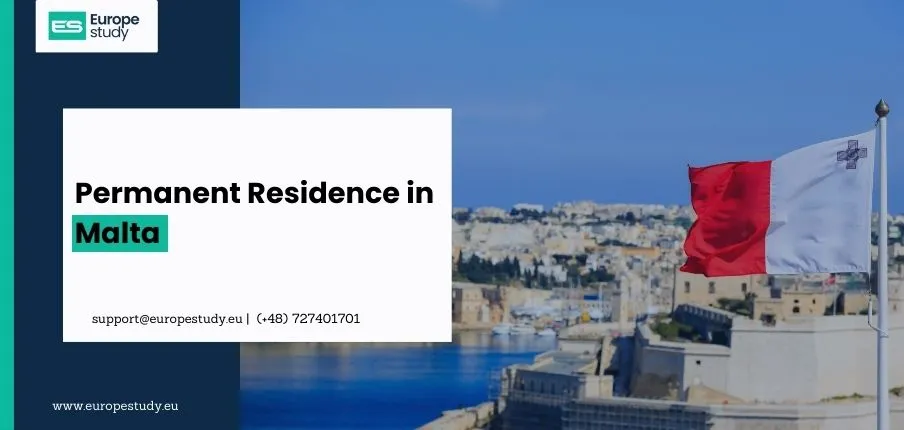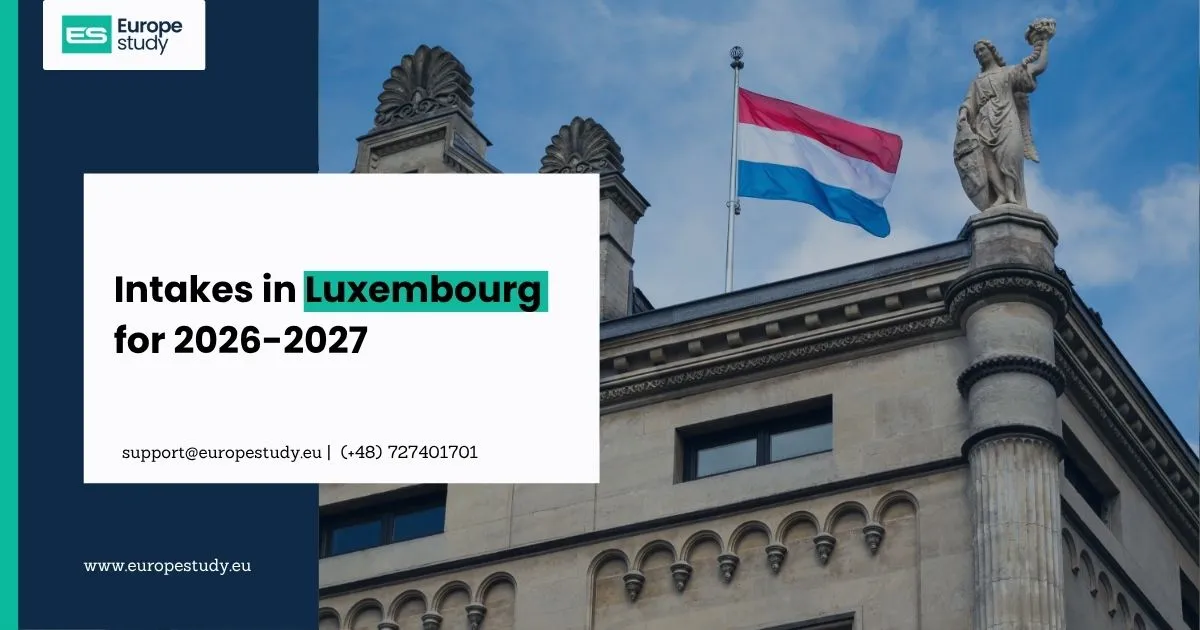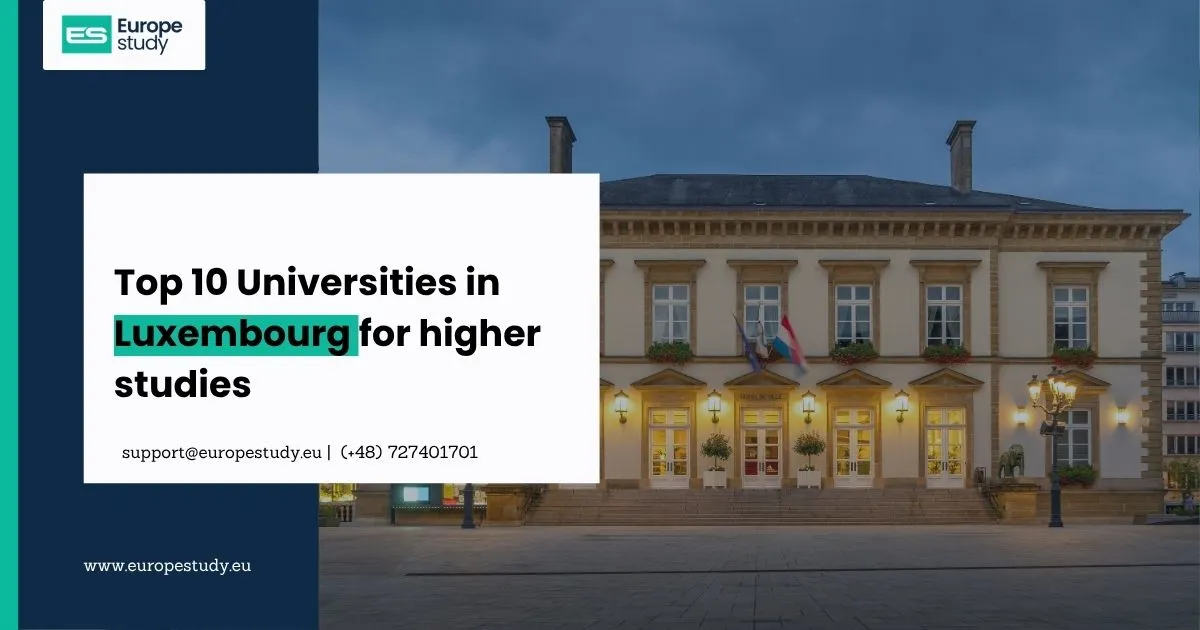
Permanent Residence in Malta
For those who wish to immigrate to Malta without making any financial investments, the process is feasible through several residency programs. To obtain permanent residence in Malta, individuals must meet specific requirements, primarily revolving around their stay and legal status in the country. Here’s an overview of the available options to secure residency in Malta:
1. Blue Card System
Malta’s Blue Card system is designed for highly qualified specialists in various fields. This program targets professionals with advanced skills and expertise. To be eligible, applicants must demonstrate that their salary is at least double the average annual salary of similar professionals in Malta. This system is highly competitive, requiring applicants to show substantial merit and a proven track record in their field. Those who meet the criteria can gain residence under this program.
2. Work Visa for Employment
The work visa is one of the most popular routes for foreign nationals seeking to live and work in Malta. This visa allows individuals to secure employment with a registered Maltese employer. It is an excellent choice for many, as it enables applicants to live in Malta legally while contributing to the local economy. Obtaining a work visa is generally straightforward, but applicants must have a job offer from a recognized employer within Malta.
3. Residence Permit for Family Reunification
For those with family ties in Malta, the residence permit for family reunification offers a viable option. If a relative or spouse has been legally residing in Malta for over a year, their family members may apply for a residence permit to join them. This option promotes family unity, ensuring that close relatives can live together in Malta while one family member works or studies in the country.
4. Residence Permit for Students
Students wishing to pursue higher education in Malta can apply for a residence permit once they secure an agreement with an accredited higher educational institution in the country. This route allows students to live in Malta for the duration of their studies, with the potential for extending their stay if they continue their education or find employment after completing their course.
Pathway to Citizenship
After living in Malta for a continuous period of five years under one of the above residency programs, individuals may become eligible to apply for Maltese citizenship. This offers a long-term opportunity for those who have established a strong connection to the country through employment, education, or family ties.
In conclusion, while investment-based residency programs are available in Malta, those who wish to move to the country without making a financial investment still have several pathways to choose from. Whether through employment, family reunification, or education, Malta offers a variety of opportunities for individuals seeking to build a life in the Mediterranean island nation.





